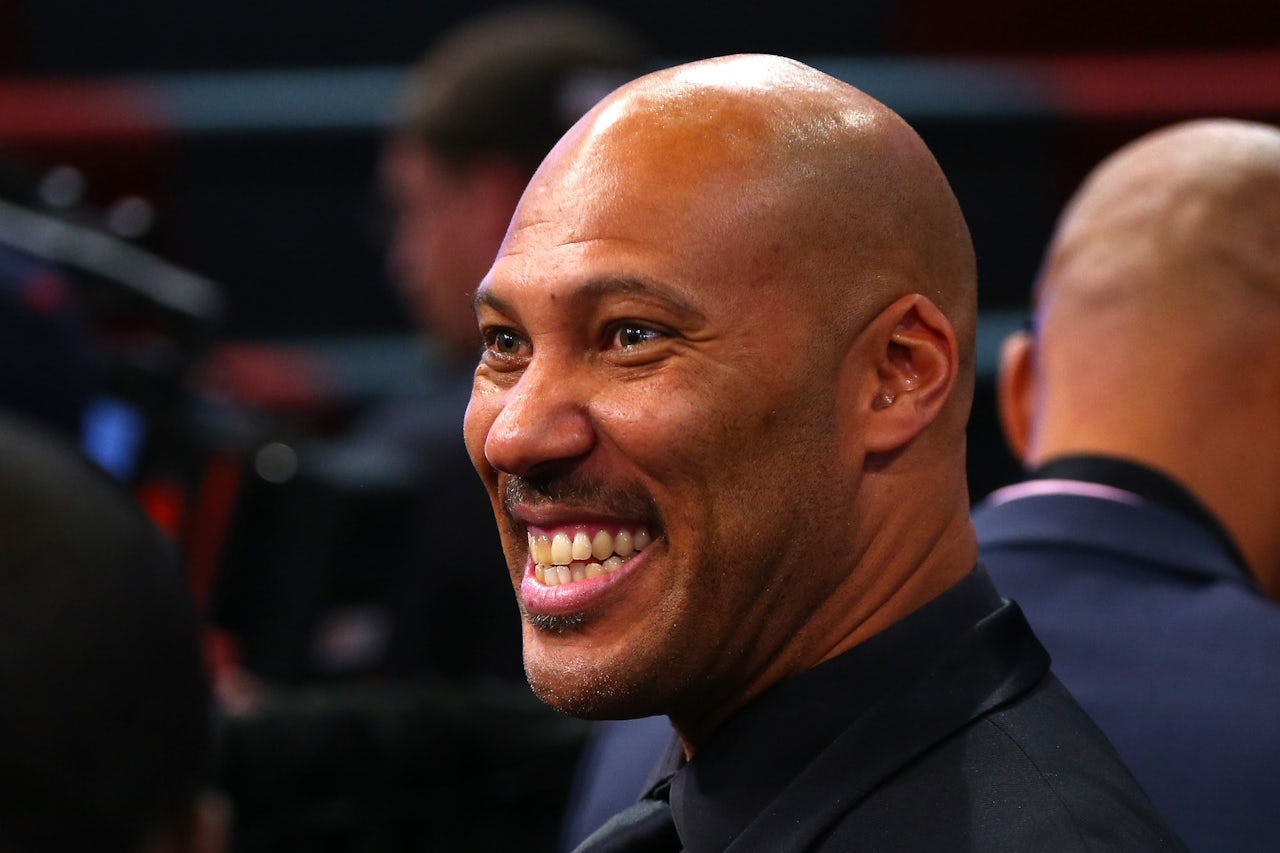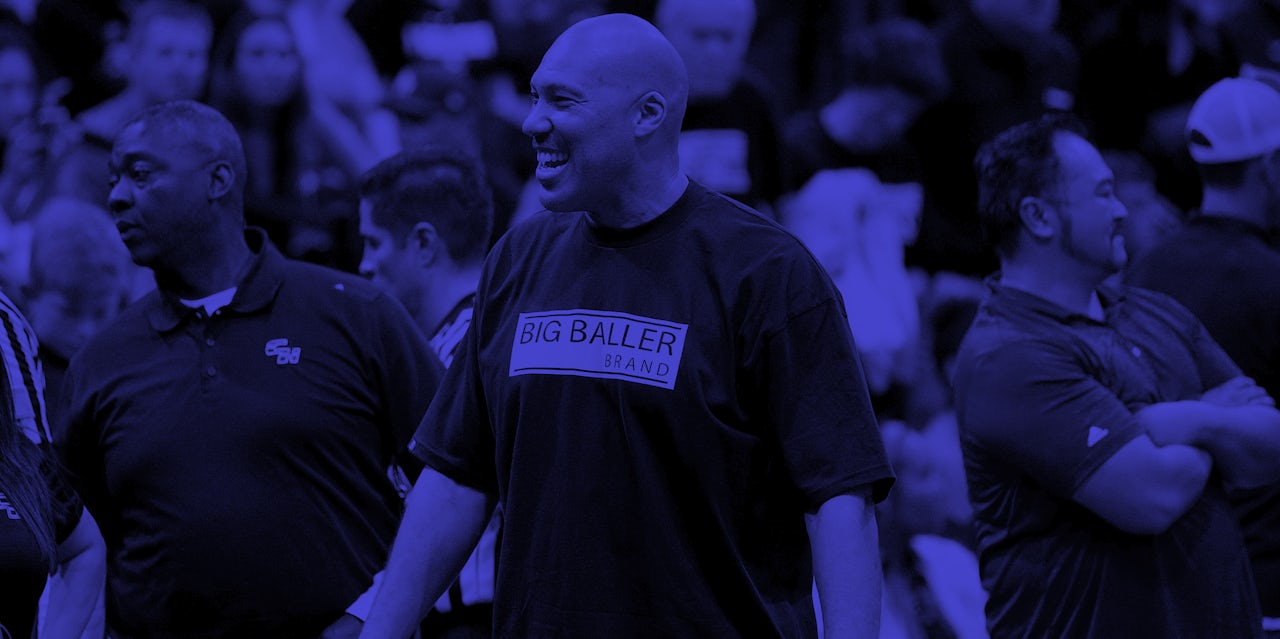As of this writing, if you searched “NBA founder” or “founder of the NBA” on Google, the search engine displayed a boxed answer at the top of its search results with a canonical answer: LaVar Ball, the bombastic, entrepreneurial father of Lakers point guard Lonzo Ball.
This is incorrect. LaVar Ball is arguably the most famous current NBA dad, because he talks so much shit that his son’s team blocked reporters from entering the seating reserved for players’ friends and family. He claimed he could beat Michael Jordan one on one; he got into a protracted argument with Donald Trump; he pulled his two younger sons out of school and sent them to Lithuania to become European stars. He did not, however, found the NBA.
Who did found the NBA? A coalition of arena owners in the U.S. and Canada in the late ‘40s, according to NBA.com, including Boston Bruins owner Walter Brown and Cleveland hockey team owner Al Sutphin, with an assist from Pittsburgh ice hockey mogul John Harris of Pittsburgh, Madison Square Garden’s Ned Irish, and American Hockey League president Maurice Podoloff, who offered leadership and office space to the new Basketball Association of America, which later merged with the National League and was renamed the NBA.
How did this error come to be? We have written about how Google generates the direct answers that appear atop search results. Some are aggregated from the open web, and others come from a curated list of sources including Wikipedia. They are all done by algorithm with little human interference, which has led Google to effectively proclaim at different points in the past that all women are evil, Obama is planning a coup, the Earth is flat, and dolphins are aliens, which is especially funny if you own a Google Home device or a phone with Google Voice Assistant, because you can ask these questions and the device will read back these answers in a funny robot voice.
In this case, the answer was sourced to the Wikipedia page for LaVar Ball. At first I wondered if a prankster had changed Ball’s entry to say he was the founder of the NBA, but that wasn’t the case. Instead, it looks like Google simply got confused because the answer for “founder of the NBA” is not straightforward, while Ball’s name is heavily associated with the NBA and he is a founder of basketball-related things. Danny Sullivan, a journalist who was so effective at reporting on Google that the company hired him away to keep him quiet (my personal theory), said on Twitter that Google may have gotten confused because Ball is the founder of the Junior Basketball Association.
My guess is that since he founded the JBA, we’re getting mixed up somehow with the NBA. Which isn't right, of course! Anyway, it's being looked at. pic.twitter.com/8z61UkARu6
— Danny Sullivan (@dannysullivan) January 2, 2018
LaVar Ball did not remain the founder of the NBA, according to Google, for long. By the time of publication, the snippet had been replaced with a quote from a Sports Illustrated blog post about the mixup. But based on my experience, these issues can linger for a long time. Google seems to prefer letting its algorithms sort themselves out, even if it means leaving an error up. In March, I wrote about how Google’s featured answer for “who invented email” credits the wrong person, and that answer has not been corrected. Wrong answers will sometimes disappear quickly after getting attention in the press, which suggests that Google will sometimes manually intervene. When asked for comment, a Google spokesperson quipped, “Clearly we dropped the ball. We’re taking a timeout to huddle around the issue and expect to rebound soon.” It’s a cute response to an amusing flub, although it trivializes the way Google has been spreading misinformation through these snippet-type answers. The company has been trying to produce direct answers to queries because of searches done on mobile devices and through voice, both situations where people don’t want to click through a list of search results. But some have argued that its various quick answers, from featured snippets to its Top Stories module, have been rolled out too aggressively. Imagine the response if Google were to misidentify a mass shooter in the hours after a breaking news event, for example. Oh wait, it did.


